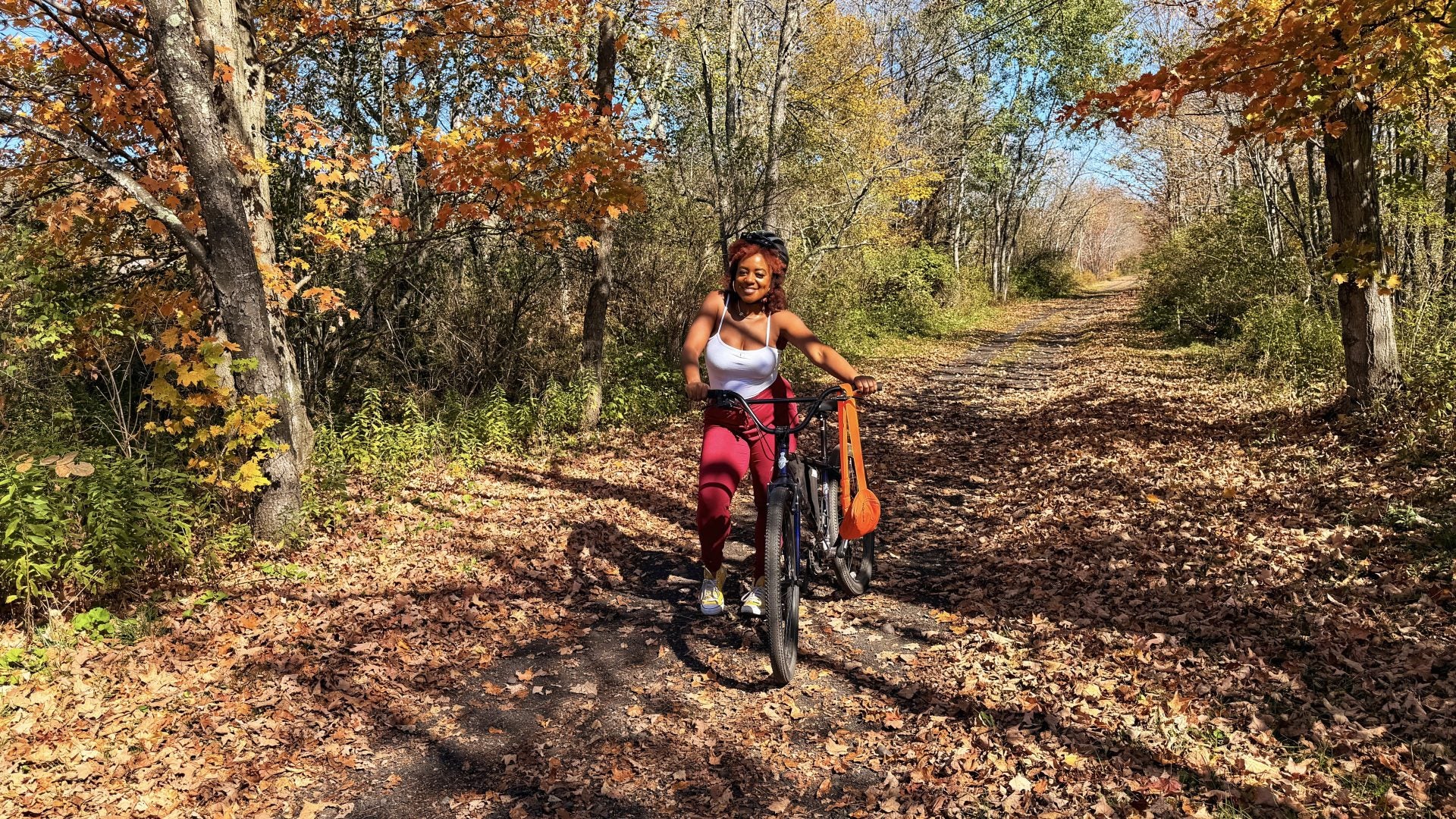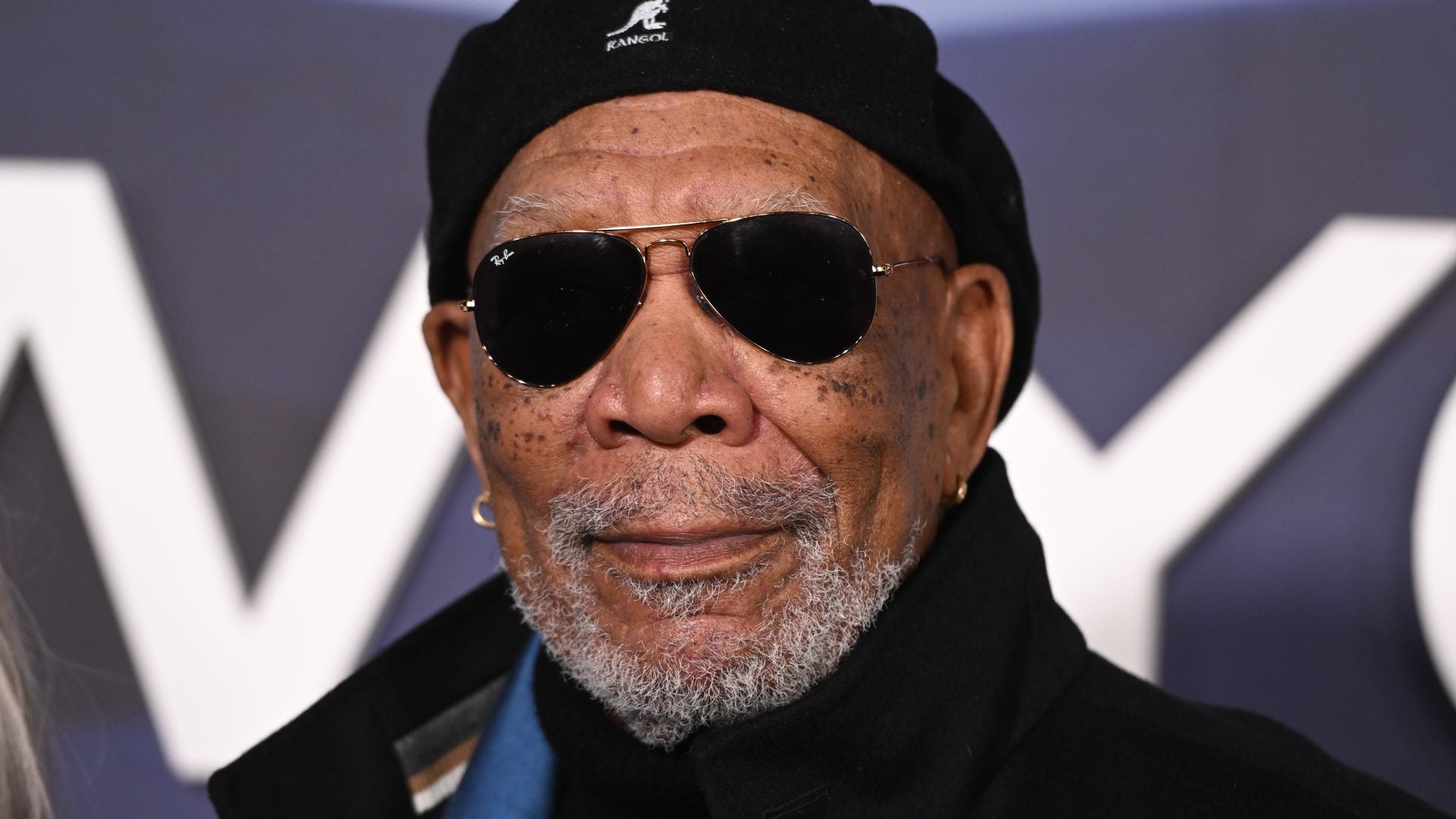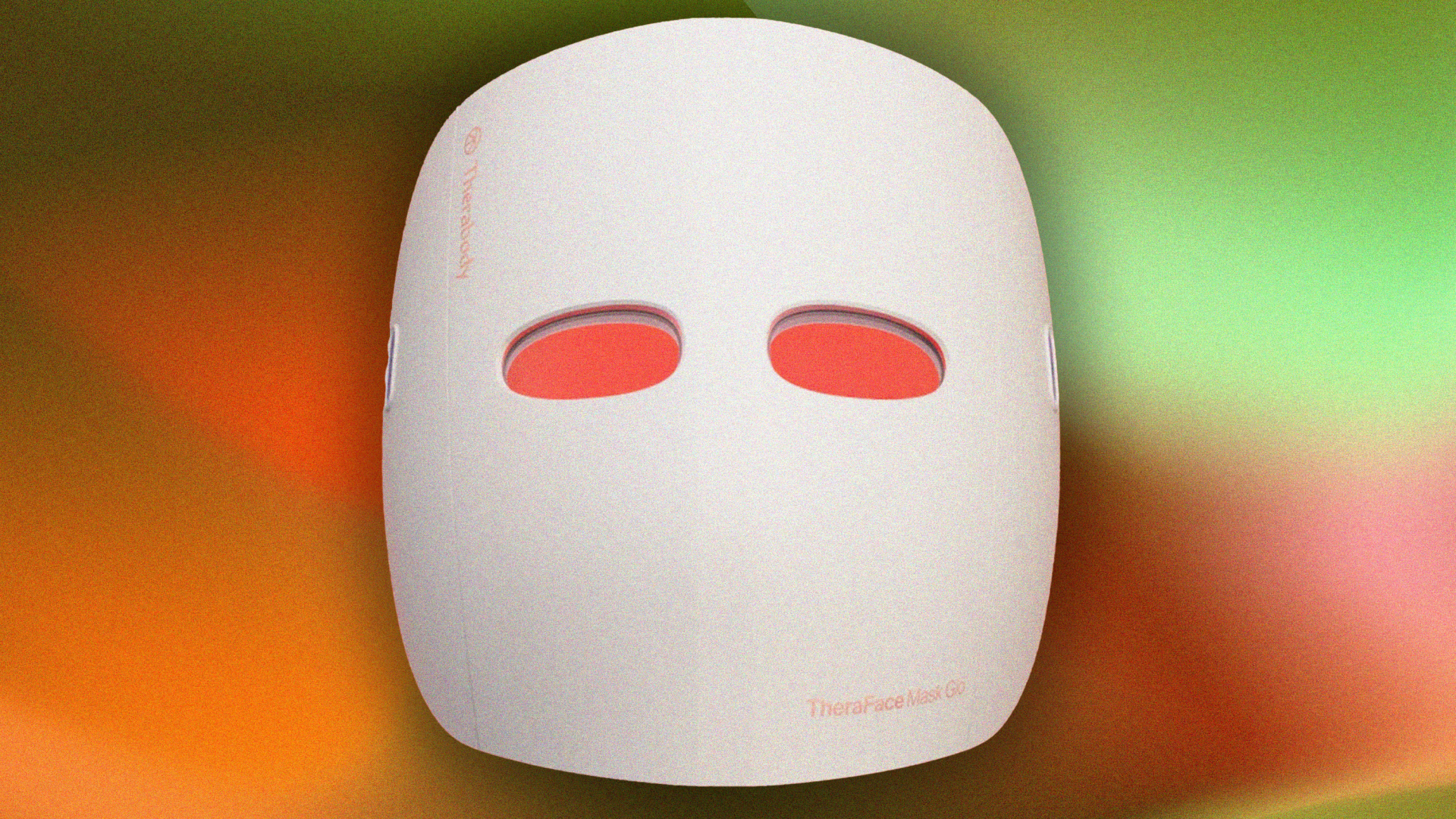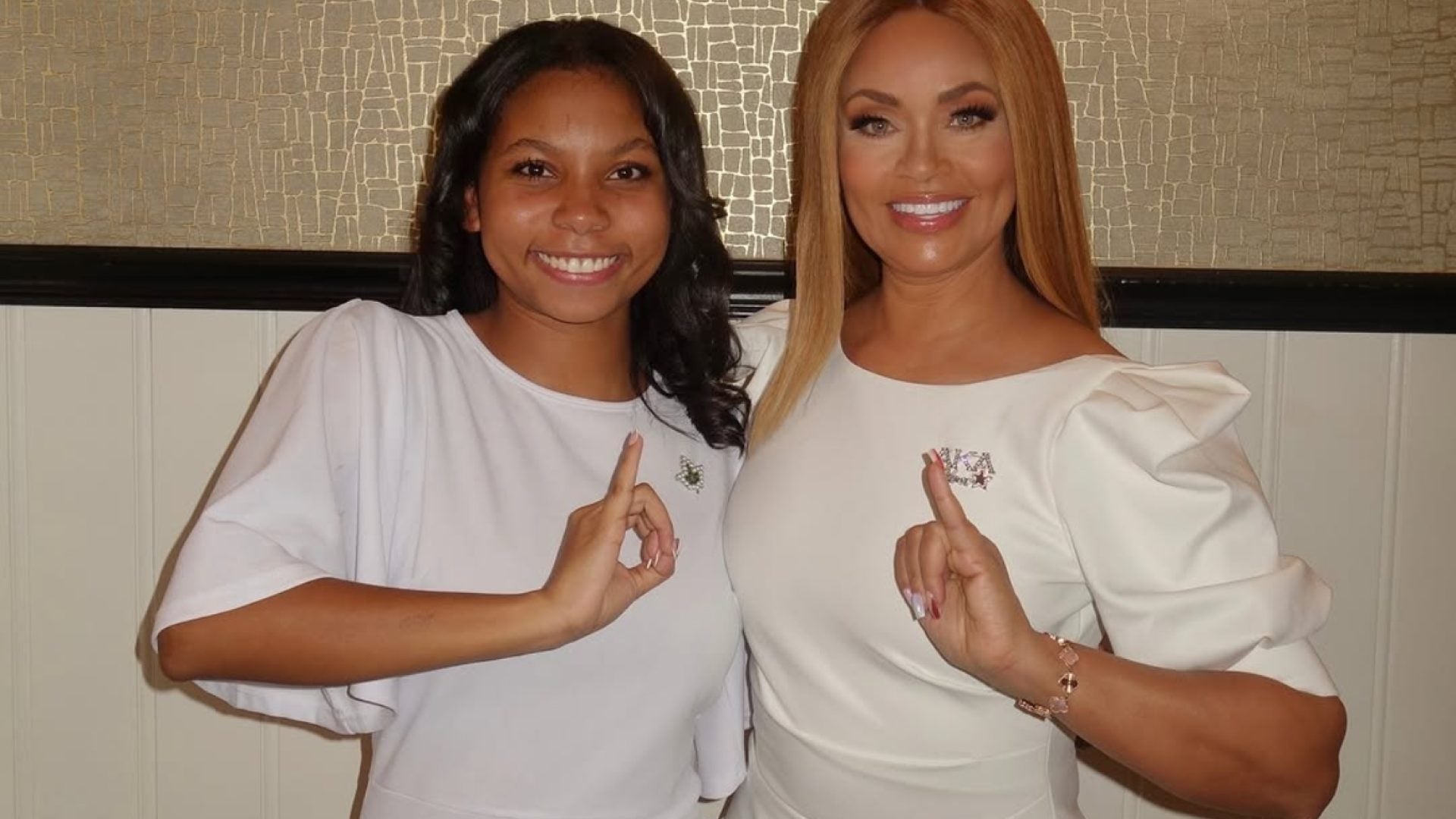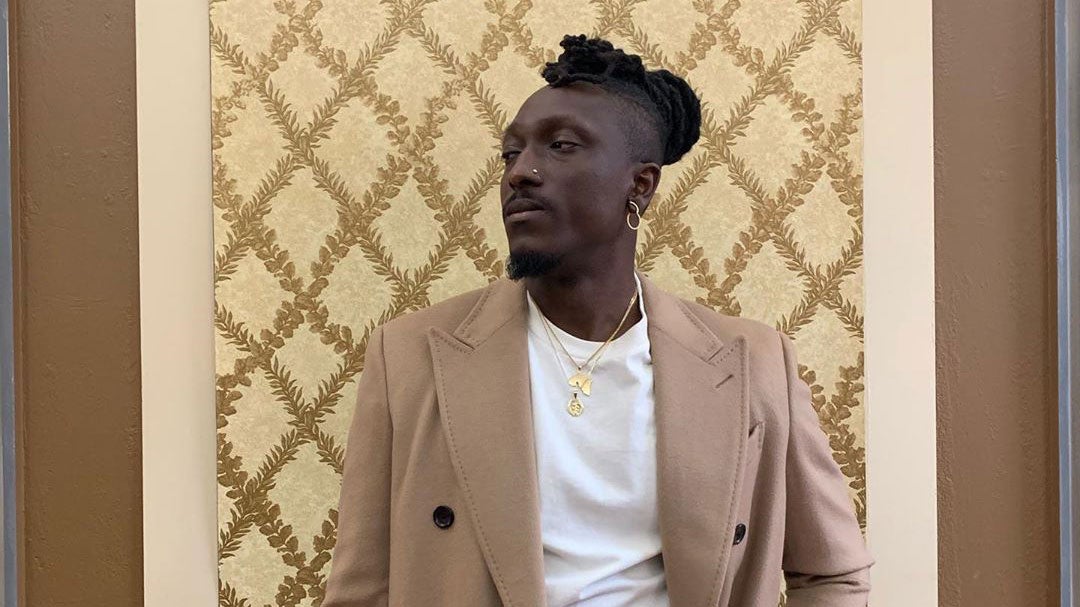
With intentions set on making viewers question their perspective and forcing them to acknowledge the stories of its subjects, photographer and creative director Joshua Kissi is forgoing boundaries and shaking up the industry – for the culture. Between the coronavirus pandemic (in which Black people have been disproportionately affected), and the light shed on the recent killings of Black people rooted in racism, our community is experiencing a collective heaviness, and Kissi isn’t afraid to be vocal about the complex of emotions he’s experiencing.
“I’m always conscious of where I’m running and how I’m running,” Kissi exclaimed. When initially speaking to the creative, the video of Ahmaud Arbery being fatally shot was circulating the internet. Since then, the murders of Breonna Taylor, George Floyd, Tony Mcdade, and more by the hands of police have circulated. Where the casual act or jogging is a relaxing, leisure activity for white people, it was a death sentence for Ahmaud Arbery. “[I’m] constantly being aware of what that looks like when a black man is running. You’re either the prey or predator in some shape or form, which is crazy.”
Since 2008, the New York-raised Ghanian-American entrepreneur appeared on the scene in 2008 with a style blog that eventually became a well-known creative agency, Street Etiquette. With the help of his agency, Kissi has worked on creative projects with Nike, Google, Target, and most recently shot his first book cover for Elaine Welteroth’s New York Times Bestseller, More Than Enough. Kissi’s work is meticulously focused on the inner beauty and the origin of his subjects, lending great detail to colors, and glorifying melanin.
However, the current environment has been difficult for many to thrive in, and yet, we’ve been made to feel like we have to. “I’m in the industry and market where even if the whole thing is collapsing, they’re expecting creatives to stay creative,” Kissi said. Still, unknowingly and not totally intentional, Kissi produced a powerful series out of the inner struggles that came with quarantining, launching Hour Stories via Instagram Live. Regularly Kissi chats with a variety of creatives for an hour each, giving them a platform to share how they, too, are coping with our new normal and the current climate, but more than that, a platform to share their stories in depth.
What started as conversations with close friends became a means of amplifying the voices of marginalized creatives. Kissi said that “a driving factor for him is the fact that Black and brown stories are often brushed over, never told in nuance, and never appreciated in depth.” He’s quickly changing that with Hour Stories. Photographer Mark Clennon participated in one installment of the series, sharing how he deals with nervousness, Ebonee Davis discussed how she intersects modeling and activism, and Mick Jenkins shared a story on how his romantic relationship aided him in his rapping career
Kissi’s career is heavily grounded in the strength of storytelling, and Hour Stories is essentially an interactive, real-time interpretation of the work he’s been doing for the Black community through his photography. “If an idea I have starts and ends with me, it’s not big enough,” he said.
The creative is determined to continue doing the work to lay the foundation for the generations of creatives to come after him, committed to eliminating the cycle of creating stories around Black and brown people without paying homage to the reference point– our roots, our ancestors. “I want to impact someone who doesn’t know my work,” Kissi said, “But know that in some way, shape or form, I’ve changed their perception and idea of what’s possible in this world.”
Originally interviewed by Nandi Howard.
